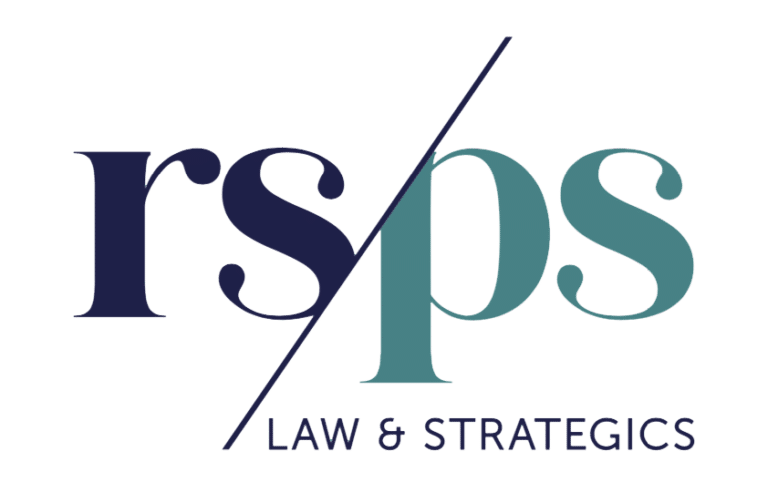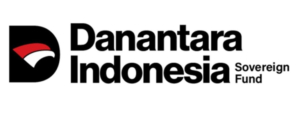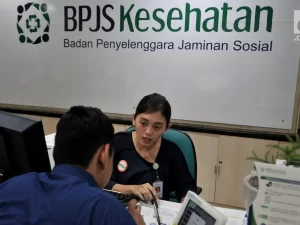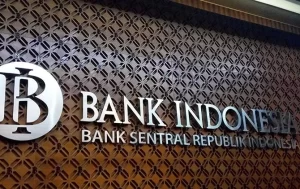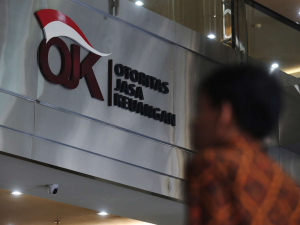The title of Chief Executive Officer (“CEO”) and Director are often confusing in the context of Indonesian Company and Manpower Law. Although these two terms may look interchangeable, there are some significant differences between the two.
In accordance of Article 1 of Company Law, the Board of Directors is a Company Organ that is authorized and fully responsible for managing the Company for the benefit of the Company, in accordance with the aims and objectives of the Company to represents the Company, both inside and outside of court of law accordance with the provisions of the articles of association. Subsequently, based on Article 72 of the Company Law, on the other hand, the Board of Directors report directly to the General Meeting of Shareholders (”GMS”).
On the other hand, the title “CEO” is not recognized under Indonesian Company Law. Although in practice the position of CEO is often used to designate the highest managerial positions such as president director or main director that reports to the company. For context, the definition of “CEO” that we are referring to is as stated in Black’s Law Dictionary 9th Edition,
“A corporation’s highest-ranking administrator, who manages the firm day by day and reports to the board of directors.”
The term “CEO” was acknowledged in regulations under Indonesian Law by the Decree of the Minister of Manpower and Transmigration Number 40 of 2012 concerning Certain Positions Prohibited from Being Occupied by Foreign Workers (“Kepmenakertrans 40/2012”), which has now been revoked. In said regulation, the CEO is defined as “Kepala Eksekutif Kantor” or “Direktur Eksekutif” who is a leader who has the task of leading and coordinating the duties and functions of Executive Management.
This means that the position of CEO is not always interpreted as president or main director, but the head of the office in charge of administration and personnel is sometimes referred to as CEO.
To put it into perspective, the main key difference between a CEO and a director is that the former reports to the Board of Directors thus the CEO office is subject to Manpower Law, whereas the latter reports to the GMS directly and thus a Director is subject to the Company Law.
The title CEO and President Director is often held by the same person, despite the contradictions in legal basis as discussed above, whether it is due to a formality or the lack of understanding in the legal enforcement.
However, this key difference results in a contradiction between the two positions and how it will be enforced in the future. For example, will they have the jurisdiction to try the dispute if there was a dispute regarding his/her work and he/she holds both the title of CEO and Director, which court can? Will it be the civil court or the industrial relations court?
In the absence of a regulatory framework regulating this matter, we can look further into a jurisprudence pertaining to this. Pursuant to the Ruling of Industrial Relations Court in Central Jakarta District Court No. 11/PHI.G/2014/PN Jkt., Pst., dated 25 August 2014 and Supreme Court Decision No. 15 K/Pdt.Sus-PHI dated 28 Mei 2015), it was decided that a person is not allowed to encompass two positions (CEO and President Director) at the same time because that person will be subject to two different laws, which are the Manpower Law and the Company Law.
Granted difference is subtle and often times it is simply a formality to use both titles, CEO and President Director, but as we could see from jurisprudence and the law itself, that a simple formality between CEO and President Director could lead to drastically different legal consequences.
This constitutes merely our initial review of the The Dual Office of Director and CEO under Indonesian Law and must not be treated as our legal opinion. Any use of this other than for your internal or personal reference, is prohibited, unless a prior written consent has been obtained from us.
Should you have any questions, feel free to contact us through:
Sunny Sabaru (Co-Founding Partner): ssabaru@rspstrategic.com
Veronica Simansjah (Associate): vsimansjah@rspstrategic.com
Celine Tangnandez Wijaya (Associate): cwijaya@rspstrategic.com
